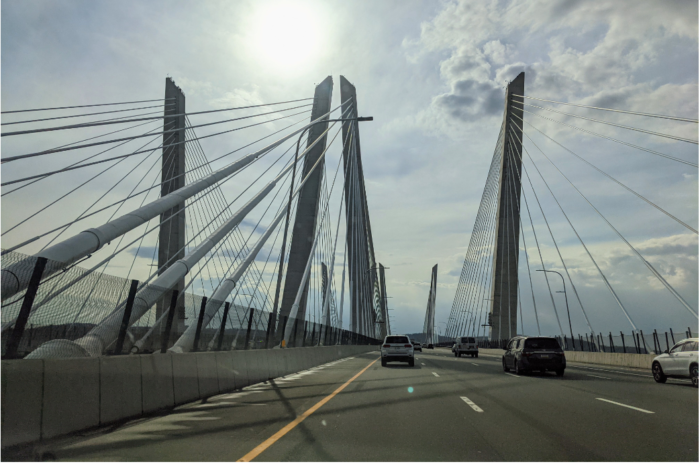There are various aspects of transport that pose challenges for a low carbon transition. It is highly decentralized, spanning rail, road, air, and maritime. Human behavior plays a large role in travel demand patterns and is difficult to manage. Most importantly, many countries, especially in the developing world, lack policy instruments and investments to address the climate impact of the transport sector.
The synergies are strong: Bus Rapid Transit systems take cars off the roads, increase access to mobility, and are an important part of many country national climate targets or NDCs; safe transport and lower speeds allow cities to open spaces for walking and biking; better regulation of used car exports to developing countries—which in some cases represent over 90 percent of national fleets—can significantly reduce emissions, pollution and save lives with safer cars; and investing in e-mobility and other emerging technologies can help increase the competitiveness of cities and countries. Read the full article here



